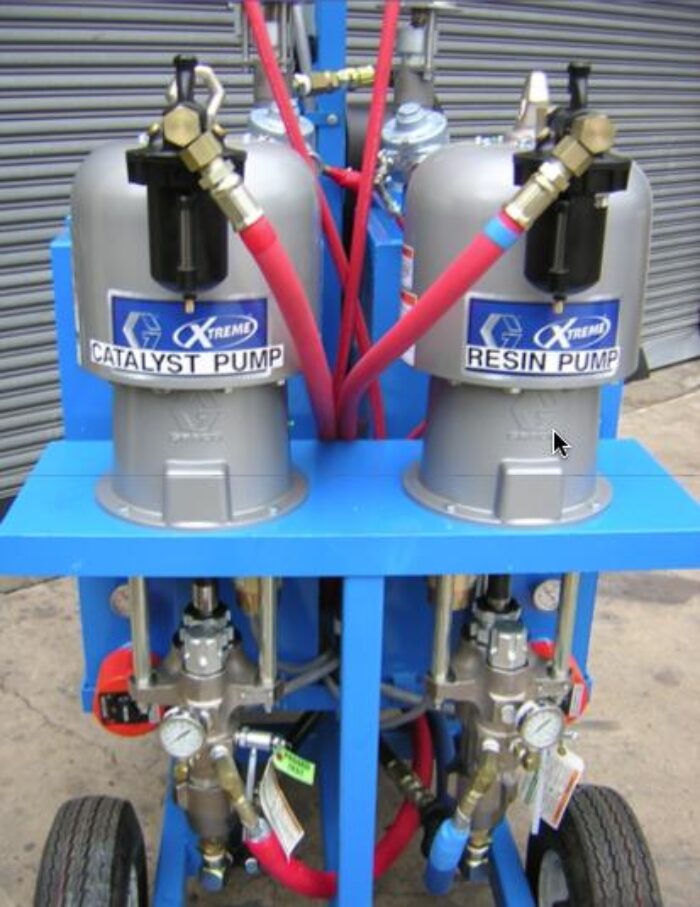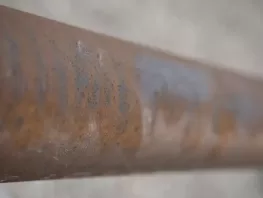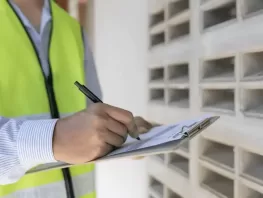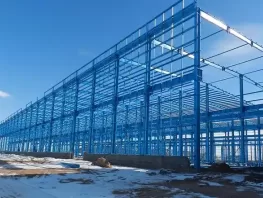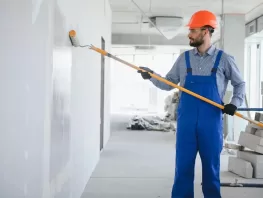It is no secret to industrial painting contractors, coating contractors and those familiar with the industry that when a job calls for a tough, durable painting or coating, polymers are without question the way to go. Strong, durable and resistant enough to withstand the harshest environments, these coatings have long seemed almost too good to be true. Polymers have been the go-to compounds for some time for heavy duty applications, such as industrial coatings applied to bridges, tanks or even ships, where the environment is sure to wear down even the toughest coatings. After sustaining noticeable damage due to the conditions these coatings are routinely exposed to and created to withstand, they can amazingly repair themselves with the right external stimulus present. When exposed to a certain external catalyst, whether it is light, heat or whichever particular element the specific coating requires, many current polyurea coatings have the ability to heal themselves under the proper conditions. Miraculous as it may seem, these coatings that have the power to heal the damages inflicted by everyday exposure to their environments by themselves with the help of only one certain external element are old hat to many industry experts and contractors, and a recent breakthrough quickly makes this technology seem outdated.
A polyurea coating that can heal itself with the proper external stimulus is all well and good, but what about the idea of a coating that would be able to heal itself while resting, at room temperature, with no outside influence required whatsoever? A new brand of polymers, perhaps, that are literally self healing coatings, which would heal themselves naturally throughout the course of a day almost as the human body would heal itself. A preposterous idea, straight from a science fiction film many would say, maybe even impossible. Enter the “Terminator coating.”
I’m sure many readers will remember what it was that made the “Terminator,” the 1984 movie character, such a force to be reckoned with. Any damage inflicted upon the robotic Terminator, who was composed of a liquid metal like substance, would be self-repaired nearly instantly. Now, researchers at a CIDETEC Centre for Electrochemical Technologies, a Spanish research company, have created a coating with an eerily similar property, and affectionally nicknamed the material after the Terminator.
The composition of the new self healing coating is built off a polyurea type compound, and the kicker is that this coating does not require any external stimulus to begin healing. After a mere two hours, the healing efficiency of the new material is a mind-boggling 97 percent. A video created by the researchers, shown below, demonstrates this ability very effectively. The researchers cut a block of the material completely in half with a blade, and after leaving it sitting on a table undisturbed for two hours, the material is pulled at both ends by the researcher, showing that it has healed itself back together with enough strength to resist being pulled part by hand after a clean slice in half only two hours earlier.
 The important and possible practical implications of a coating such as this go without saying. A self healing application that can be applied to a structure to protect it, while simultaneously healing itself throughout the day saves both the owner and contractor the time and money of repairing or replacing the coating, and keeps the structure just as protected as the first day it was applied. This also of course opens the door for further advances that will surely cross many fields, as the materials begin heal quicker and are created even stronger. Readers who are interested in more information about this breakthrough technology or structure owners interested about possible application options of similar products should contact their local painting or coating contractor. Readers on in NJ, NY, PA or CT can contact Alpine Painting, online at www.AlpinePainting.com or at 866-596-0349.
The important and possible practical implications of a coating such as this go without saying. A self healing application that can be applied to a structure to protect it, while simultaneously healing itself throughout the day saves both the owner and contractor the time and money of repairing or replacing the coating, and keeps the structure just as protected as the first day it was applied. This also of course opens the door for further advances that will surely cross many fields, as the materials begin heal quicker and are created even stronger. Readers who are interested in more information about this breakthrough technology or structure owners interested about possible application options of similar products should contact their local painting or coating contractor. Readers on in NJ, NY, PA or CT can contact Alpine Painting, online at www.AlpinePainting.com or at 866-596-0349.
By Dave Scaturro, Sales Director for Alpine Painting.
Credit to: "‘Terminator’ Polymer Heals Without Help." Paint Square. 25 Sep 2013: n. page. Web. 4 Oct. 2013. <http://www.paintsquare.com/news/?fuseaction=view&id=10269&nl_versionid=3431>.
"Self-Healing Polymeric Coatings: Beyond Scratch-Healing." Small Business Innovation Research . n.d. n. page. Web. 4 Oct. 2013. <http://www.sbir.gov/sbirsearch/detail/244144>.
